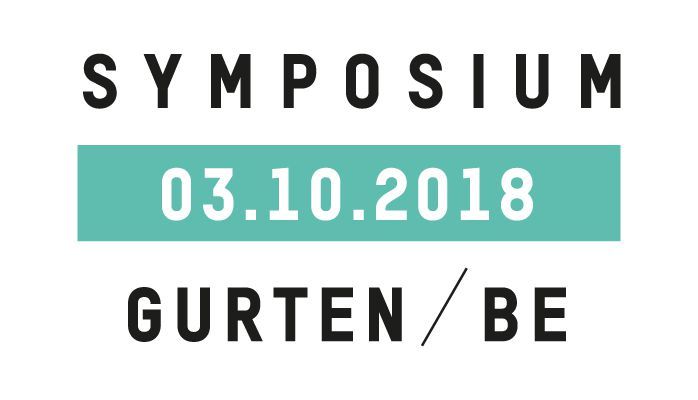Policy-makers cannot afford to ignore soil sustainability
Soils play a key role in climate regulation, nutritious diets, agricultural livelihoods, and biodiversity. But soils have dropped down the EU policy agenda, despite their importance for society and nature. There are many opportunities for policy to safeguard the future of Europe’s soils and play its part in reversing global trends in soil degradation.

In a new report, “Opportunities for soil sustainability in Europe”, the European Academies’ Science Advisory Council (EASAC), which represents the national science academies of the EU, Norway, and Switzerland, says its latest synthesis reveals that policy-makers need to grasp opportunities to safeguard Europe’s soils and ensure their sustainability. Back in 2014, insufficient support among Member States obliged the European Commission to withdraw proposals for a Soils Directive and Europe still lacks appropriate benchmarks for soils’sustainability and needs to improve compatibility between different national monitoring systems.
“Soils are being destroyed and lost permanently at a rapid rate through housing, infrastructure, and mining. Soil organic carbon contents are decreasing, which increases the likelihood of further global warming, loss of soil fertility, structure, and water holding capacity. The European Union cannot afford to ignore these issues. Environmental degradation not only impacts the environment, it impacts health and livelihoods”, said Michael Norton, Director of Environment at EASAC.
Top-line issues highlighted by EASAC include climate change; deforestation and the permanent loss of soils; biodiversity; biofuels; health; and the Common Agricultural Policy.


